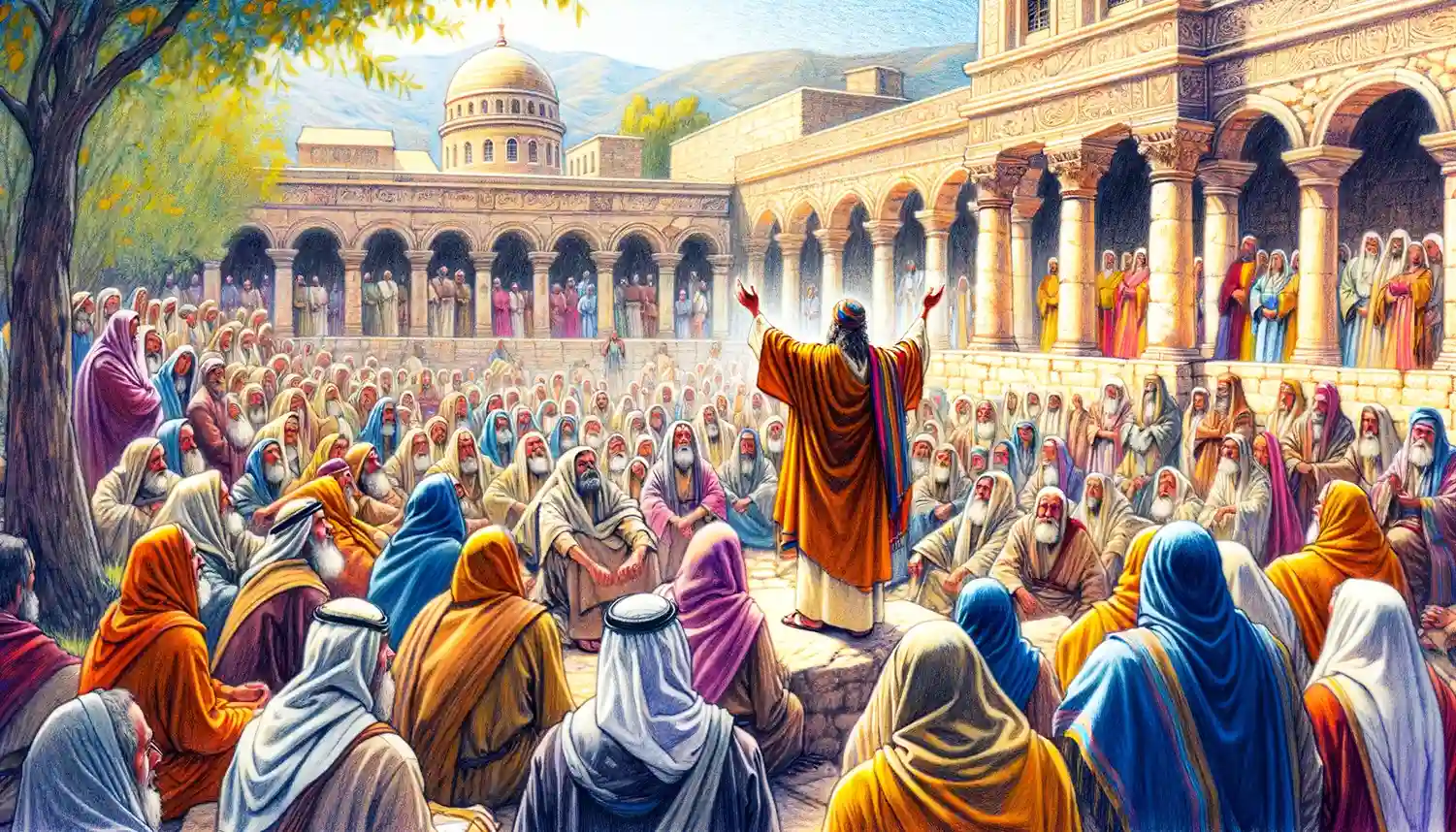John the Apostle, also known as John the Evangelist, is one of the most influential figures in the Christian New Testament, recognized for his profound contributions through several writings including the Gospel of John, three Epistles, and the Book of Revelation; he was one of the key figures among Jesus’ disciples, part of the inner circle, and privileged to witness significant events such as the Transfiguration and the Agony in Gethsemane. Traditionally attributed with deep theological insights, his works emphasize themes like divine love and truth, and his life, marked by close proximity to Jesus, exile on Patmos, and a natural death in Ephesus, reflects a blend of theological depth, apostolic authority, and visionary insight, deeply influencing Christian thought and doctrine across denominations.
The Parable of the Prodigal Son not only teaches about forgiveness but also offers a mirror to every individual’s spiritual journey, encouraging a heartfelt examination of one’s own life and actions in the light of God’s infinite mercy and love.
The Book of Malachi serves as a poignant reminder of God’s fidelity and the expectations He sets for His followers, paving the way for New Testament teachings and the coming of John the Baptist as the “messenger” foretold in the prophecies.
The Book of Hosea offers profound insights into the complexities of God’s character and His expectations for a faithful, loving relationship with His people, making it a critical text for understanding biblical prophecy and theology.
The Song of Solomon stands out in the biblical canon for its unabashed celebration of love, offering a poetic testament to the strength and beauty of this universal human experience.





